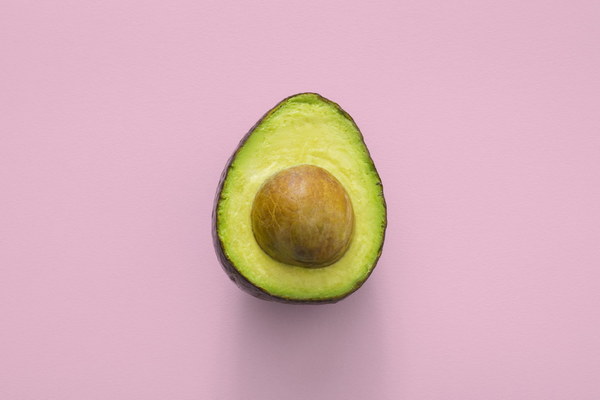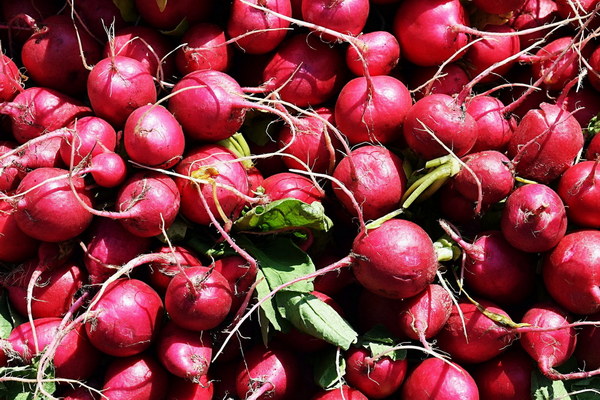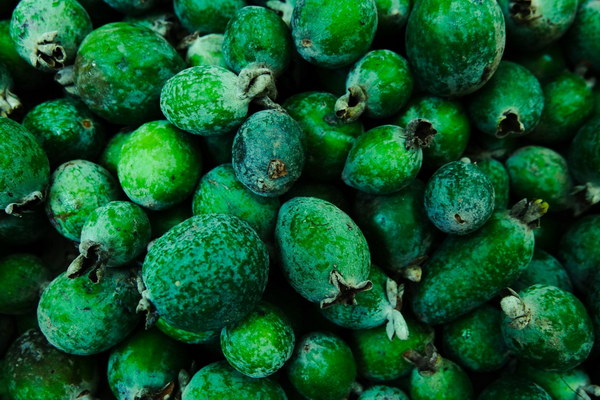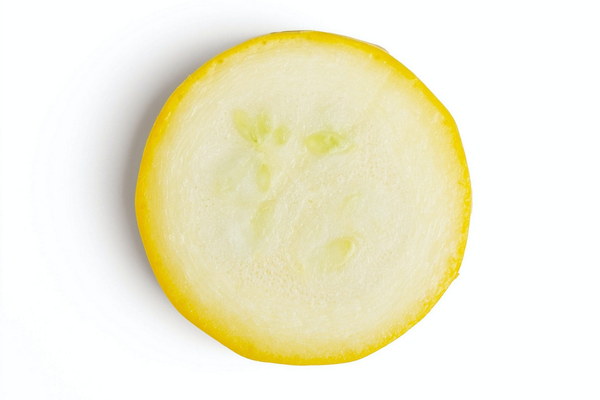Coughing Up Phlegm Understanding the Causes and Remedies for Chest Itching and Phlegm Production
Coughing up phlegm is a common symptom that can be both annoying and worrying. It often indicates an underlying respiratory condition, and while it may not always be a cause for concern, it is important to understand its causes and the available remedies. In this article, we will explore the causes of chest itching and phlegm production, and discuss various treatment options to alleviate these symptoms.
Chest itching and phlegm production can be caused by a variety of factors, including:
1. Allergies: Allergies to pollen, dust mites, pet dander, or mold can trigger chest itching and the production of phlegm. When the immune system reacts to these allergens, it can lead to inflammation in the respiratory tract, causing irritation and excess mucus production.
2. Respiratory Infections: Viral infections like the common cold or flu, as well as bacterial infections like bronchitis or pneumonia, can lead to chest itching and phlegm production. These infections cause inflammation and irritation in the airways, which in turn stimulates mucus production.
3. Chronic Conditions: Chronic respiratory conditions such as asthma, chronic bronchitis, or cystic fibrosis can also result in chest itching and phlegm production. These conditions cause long-term inflammation and damage to the airways, leading to a perpetual cycle of irritation and mucus production.
4. Smoking: Smoking is a significant risk factor for chest itching and phlegm production. The toxic substances in cigarette smoke can irritate the airways, causing inflammation and excessive mucus production.
5. Environmental Factors: Exposure to irritants like air pollution, chemicals, or secondhand smoke can trigger chest itching and phlegm production. These irritants can cause inflammation and irritation in the respiratory tract.
To alleviate chest itching and phlegm production, consider the following remedies:
1. Stay Hydrated: Drinking plenty of fluids can help thin mucus and make it easier to cough up. Water, herbal teas, and broths are all good options.
2. Use a Humidifier: Adding moisture to the air can help soothe the respiratory tract and reduce chest itching. A humidifier can be especially helpful during dry seasons or in dry indoor environments.
3. Gargle with Salt Water: Gargling with warm salt water can help reduce inflammation and soothe the throat, which may alleviate chest itching.
4. Over-the-Counter Medications: Decongestants, cough suppressants, and expectorants can help alleviate chest itching and phlegm production. Consult a healthcare provider before taking any medication, especially if you have underlying health conditions or are pregnant.
5. Antihistamines: If allergies are the cause of your chest itching and phlegm, antihistamines may help alleviate symptoms. Be cautious, as some antihistamines can cause drowsiness.

6. Consult a Healthcare Provider: If chest itching and phlegm production persist or worsen, it is important to consult a healthcare provider. They can determine the underlying cause and recommend appropriate treatment options.
In conclusion, chest itching and phlegm production can be caused by various factors, including allergies, infections, chronic conditions, smoking, and environmental irritants. By identifying the underlying cause and taking appropriate measures, such as staying hydrated, using a humidifier, and seeking medical advice when necessary, individuals can effectively manage these symptoms and improve their respiratory health.









